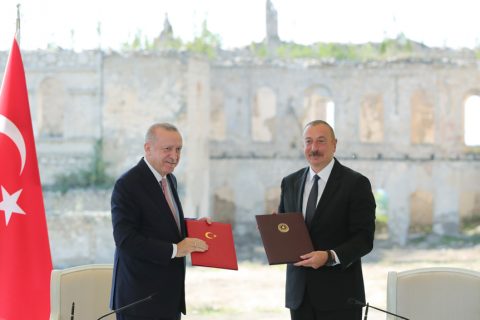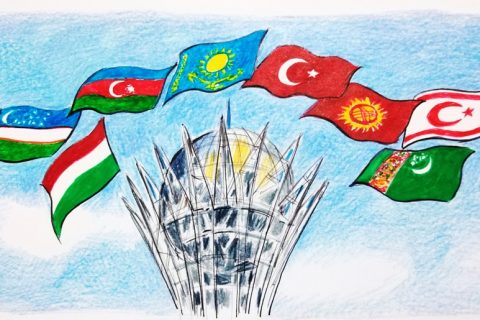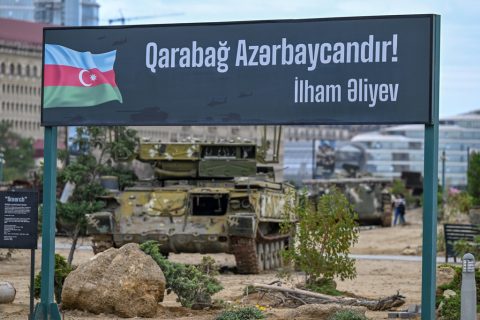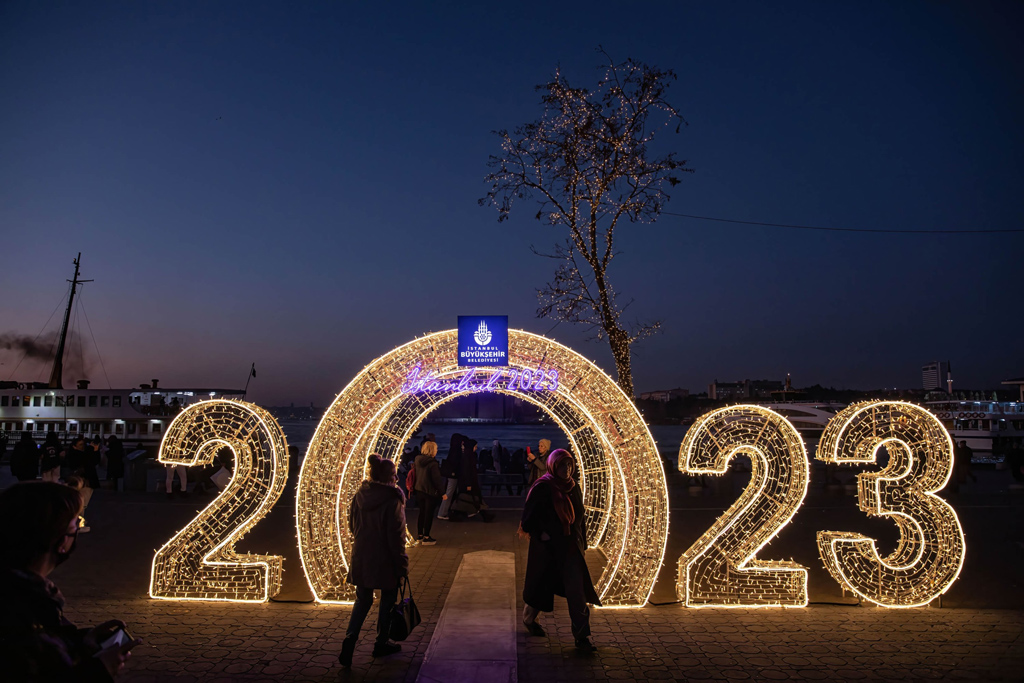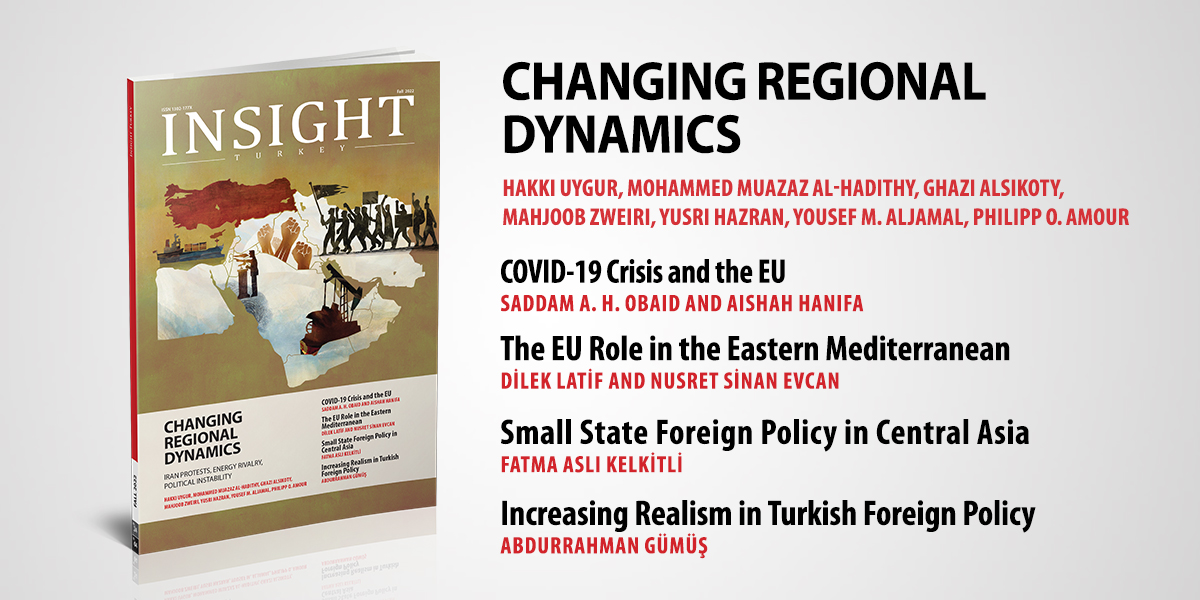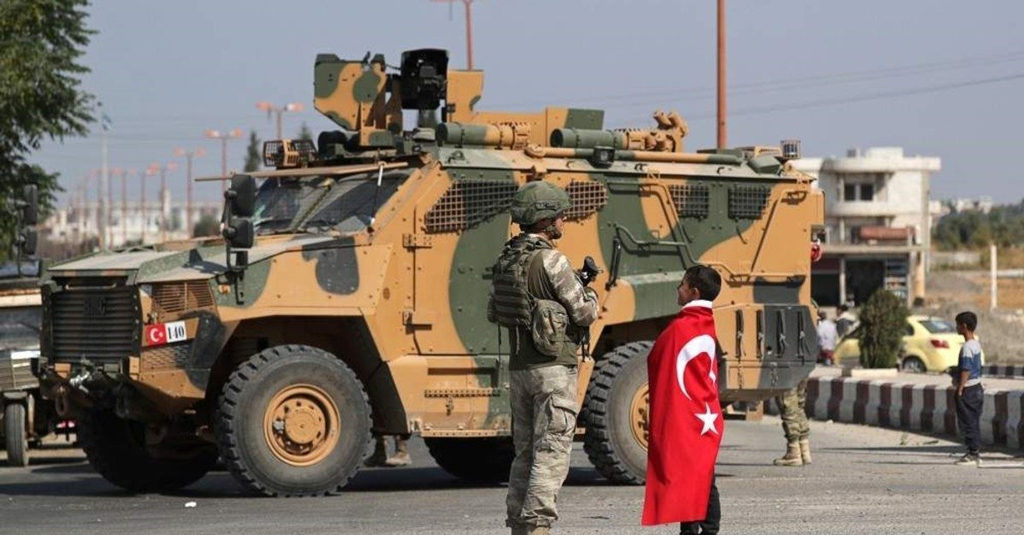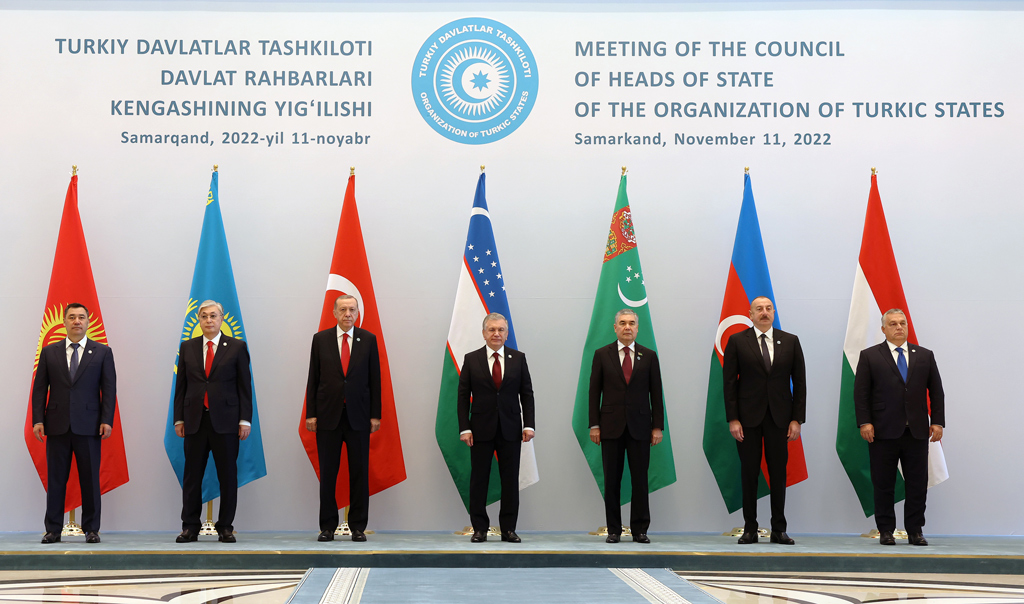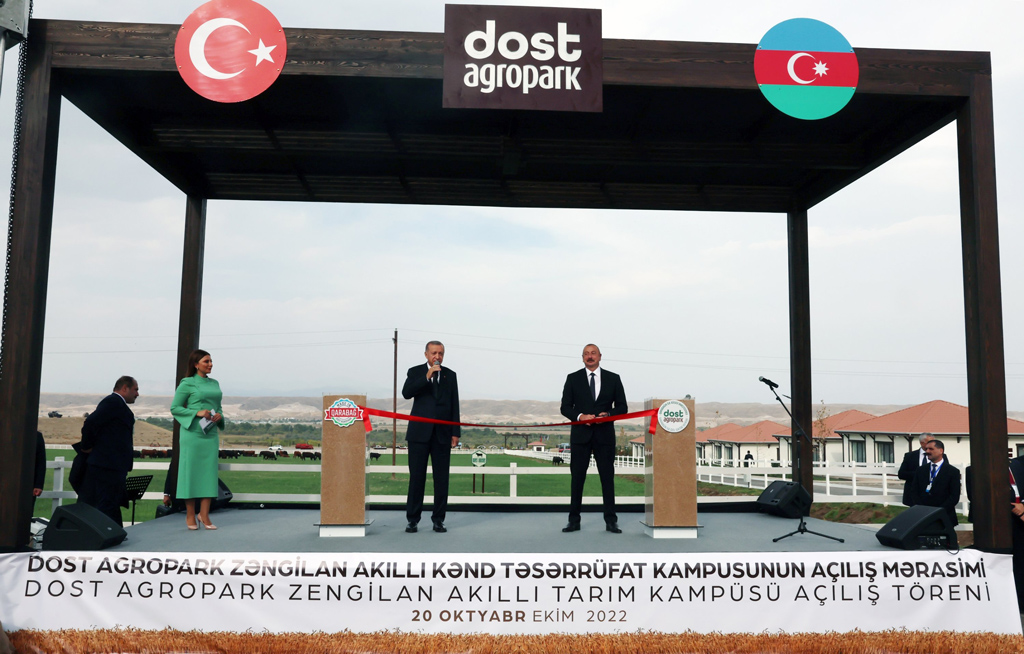Turkmenistan
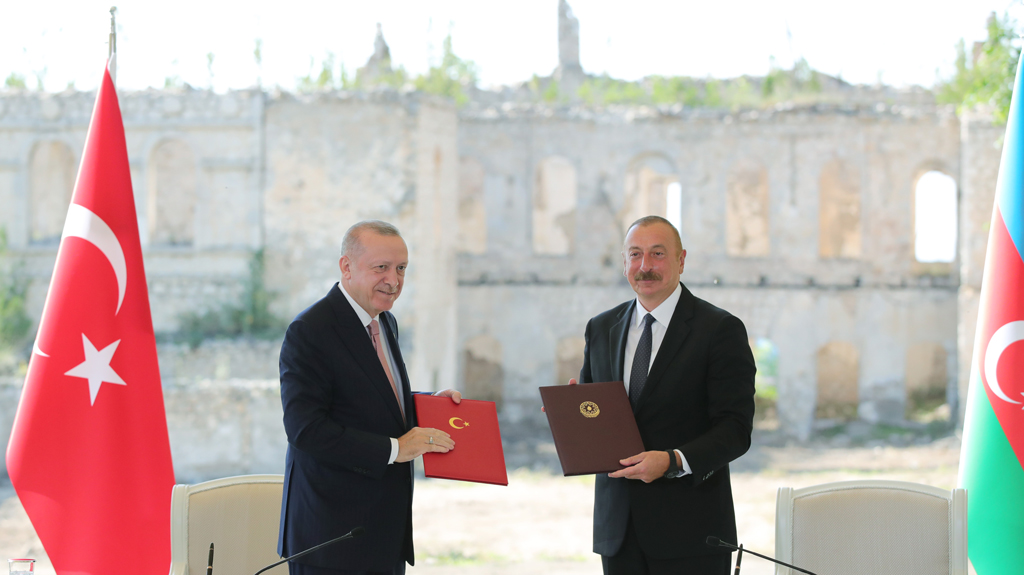
Azerbaijan and the Rise of Turkic Unity: The Journey of the Organization of Turkic States
| OpinionThis commentary delves into the evolution of the Organization of Turkic States (OTS), highlighting its …
-
Opinion
Azerbaijan and the Rise of Turkic Unity: The Journey of the Organization of Turkic States
By Farid ShafiyevThis commentary delves into the evolution of the Organization of Turkic States (OTS), highlighting its transformation from a consultative mechanism to a robust international entity with geostrategic significance. The paper examines key developments such as the Shusha Declaration, the impact of the Second Karabakh War, and the strategic partnership among Turkic states in the context of global geopolitical dynamics. The paper focuses on Azerbaijan’s vision of the development of the Turkic unity, some historical aspects, which preceded the idea of the Turkic unity, and contemporary trends in the regional and global politics, which gave impetus to the enhancement of the OTS. The conclusion highlights the importance of Turkic unity as it stands out more prominently in the complex geopolitical environment and posits that trends make it necessary to strengthen and develop cooperation among the Turkic states.
-
Opinion
In Astana, a new step toward integration
By Burhanettin DuranThe pursuit of Turkic integration has been a cornerstone of Turkish foreign policy in recent years. That development was directly linked to the Central Asian republics “opening up” and seeking to perform a “balancing act” between the great powers. This also included Uzbekistan and Kazakhstan’s opening up to the world. At the same time, the ever-stronger strategic partnership between Türkiye and Azerbaijan changes the regional balance of power.
-
Opinion
The post-Karabakh geopolitical landscape in the Caucasus
By Murat YeşiltaşThe 44-day war between Azerbaijan and Armenia in 2020, which concluded with Baku’s victory, triggered a significant shift in the post-Cold War geopolitical landscape of the Caucasus region. Azerbaijan’s successful effort to partially end the Armenian occupation of Karabakh had two major implications.
Bu Konuda Daha Fazla
-
Türkiye’s major breakthroughs in 2022
By Burhanettin DuranAs we bid farewell to 2022, let’s take a look back at the most defining moments of the year
-
Insight Turkey Publishes Its Latest Issue “Changing Regional Dynamics”
By SETAThis issue of Insight Turkey covers a wide range of topics while providing an insightful analysis of regional developments, with a particular focus on the Middle East, with pieces on the recent protests in Iran, the political instability in Iraq, COVID-19 impact on Palestinians, and the EU. Additionally, our last issue of 2022 includes insightful pieces on energy rivalry in the Eastern Mediterranean region.
-
Erdoğan’s quest for trilateral Syria diplomacy
By Burhanettin DuranThere is no doubt that Türkiye has assumed the most influential role in the international arena since the Russian invasion of Ukraine. That role has two aspects. First, the Turks managed to take one of the few positive steps amid the Ukraine crisis by facilitating the grain deal and a prisoner exchange. Indeed, President Recep Tayyip Erdoğan’s diplomatic achievements attracted plenty of global attention in 2022. Secondly, Türkiye made attempts at conflict resolution whilst seizing geopolitical opportunities created by the Ukraine crisis better than any other country.
-
New steps for integration of Turkic world in Samarkand
By Burhanettin DuranLast week, I traveled to Samarkand, Uzbekistan as part of President Recep Tayyip Erdoğan’s official delegation to attend the 9th Summit of the Organization of Turkic States (OTS) Summit. At last year’s Istanbul Summit, the entity had taken a major step toward integration by transforming itself from a council to a full-fledged organization.
-
Opportunities for Ankara and Baku in new geopolitics
By Burhanettin DuranTürkiye, which made a critical contribution to Karabakh’s liberation, also plays an important role in the region’s reconstruction.
